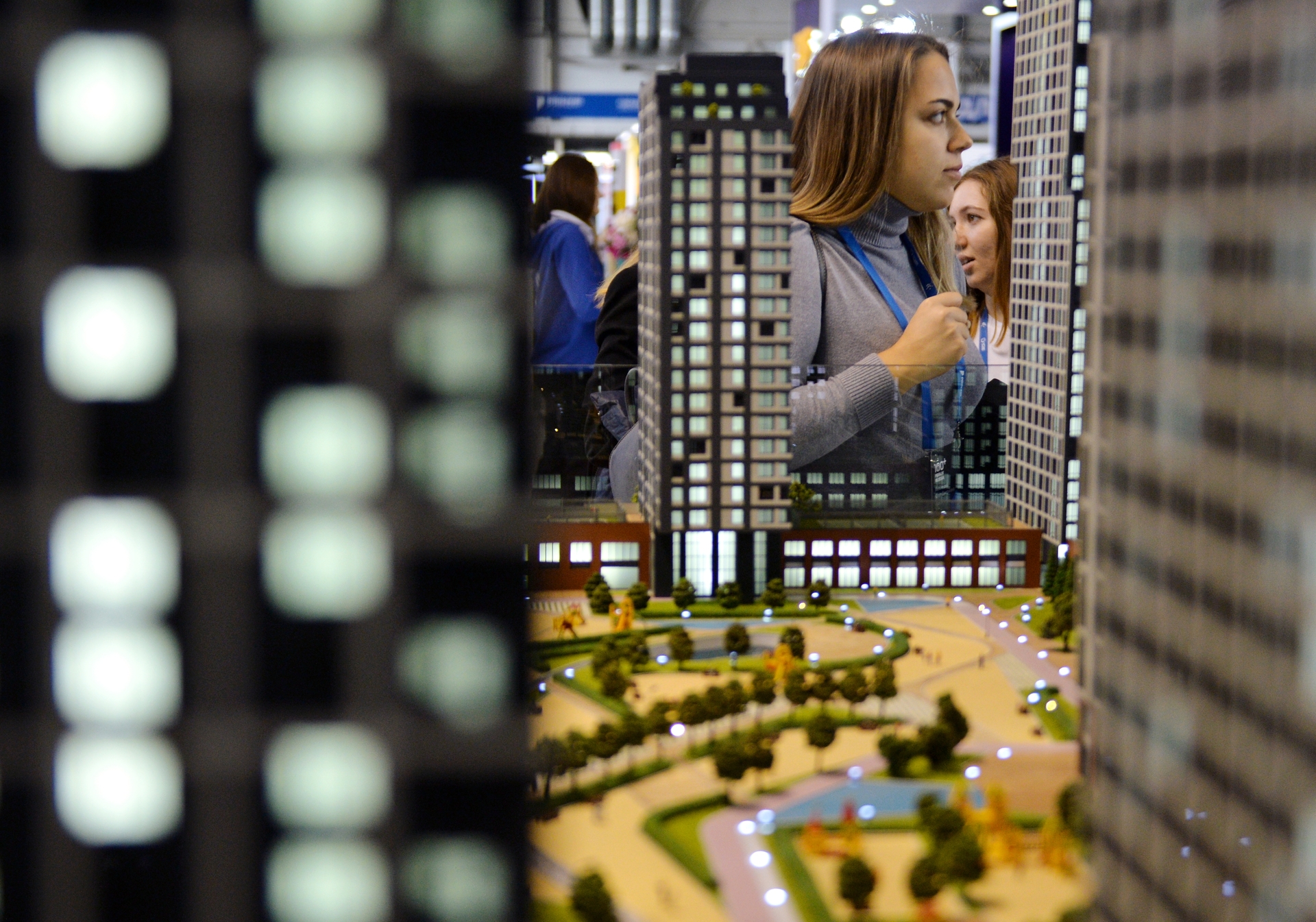The Russian government has increased the maximum loan amount for preferential and family mortgages.
For Moscow, St. Petersburg, the Moscow and Leningrad regions, the limit will be 30 million rubles, and for the rest of the country - 15 million rubles.
This was announced on Wednesday, May 18, by Prime Minister Mikhail Mishustin.
According to him, even against the backdrop of a difficult economic situation and external pressure on Russia, the authorities still retain opportunities to improve the living conditions of citizens.
So, the Russians will now be able to purchase real estate of greater value on favorable terms, the head of the Cabinet said.
“The implementation of these measures allows us to provide our citizens with modern housing, develop the construction sector and load the capacities of related industries,” Mishustin said at a meeting of the presidium of the government commission to increase the stability of the economy under sanctions.
Recall that until the end of 2022, all Russians can take out a loan to buy real estate at a reduced rate of 9% per annum.
In addition, until the end of 2023, families with one child or more, born from January 1, 2018 to December 31, 2022, have the opportunity to apply for a mortgage at 6% per annum.
Under both programs, the reduced interest will be valid for the entire term of the loan, and the difference between the market and preferential rates will be reimbursed by the state to banks.
In this case, the minimum down payment is at least 15% of the cost of housing.
Previously, it was possible to get under preferential conditions when buying real estate worth up to 12 million rubles in the Moscow and St. Petersburg agglomerations, as well as up to 6 million rubles in other regions of the country.
Russians can now take loans up to 30 million and 15 million rubles, respectively, but the subsidized rate still only applies to amounts up to 12 million and 6 million rubles - the rest can be paid on market terms.
“For example, if you want to take a loan (on a preferential mortgage in the region. -
RT
) in the amount of 10 million rubles for 20 years, you can get 6 million rubles at a reduced rate of 9%, and another 4 million rubles at a rate on market conditions ( 17%).
In this case, the monthly payment will be 112.6 thousand rubles, ”the website of the DOM.RF company says.
One of the reasons for the innovation could be a sharp decline in demand in the real estate market.
So, against the backdrop of an uncertain situation in the economy and an increase in the cost of square meters, Russians have become less interested in buying a home.
Nikolai Pereslavsky, an employee of the Department of Economic and Financial Research at the CMS Institute, spoke about this in an interview with RT.
“The market for new buildings sank significantly in April 2022.
Sales fell from 20 to 100% relative to the average of the previous three months, ”said the specialist.
Thus, by raising the credit ceiling, the authorities want to rekindle the interest of the population in acquiring real estate, experts say.
According to Oleg Samoilov, vice-president of the Russian Guild of Realtors, the initiative will expand the choice of housing properties for potential buyers and at the same time support the construction industry.
“For consumers and those who want to improve their living conditions, this is a good sign, and for the construction market, this is an influx of additional money into the industry and an increase in supply from developers.
Developers are unlikely to start massively opening new projects, but at least the facilities currently being implemented will be put into operation, ”the expert explained.
RIA News
© Pavel Lisitsyn
In turn, the situation with prices in the Russian real estate market can develop according to several scenarios, Oleg Samoilov believes.
So, in the event of an early completion of the military special operation and a gradual easing of sanctions, the Russian economy will begin to return to its previous course.
In this case, it will be possible to observe a sharp revival in the labor market and a feverish increase in demand for the purchase of housing, which will lead to higher prices, the specialist is sure.
“If nothing changes significantly in the geopolitical field, inflation remains at current levels, and demand does not begin to grow noticeably, then prices may stabilize and even slightly decrease.
However, they have nowhere to go down much, as the cost of building materials increases,” the expert added.
According to Samoilov, in general, by the end of 2022, the growth in housing prices will be lower than real inflation.
A similar point of view is shared by Nikolai Pereslavsky.
In his opinion, the cost of new buildings will increase within 10%.

